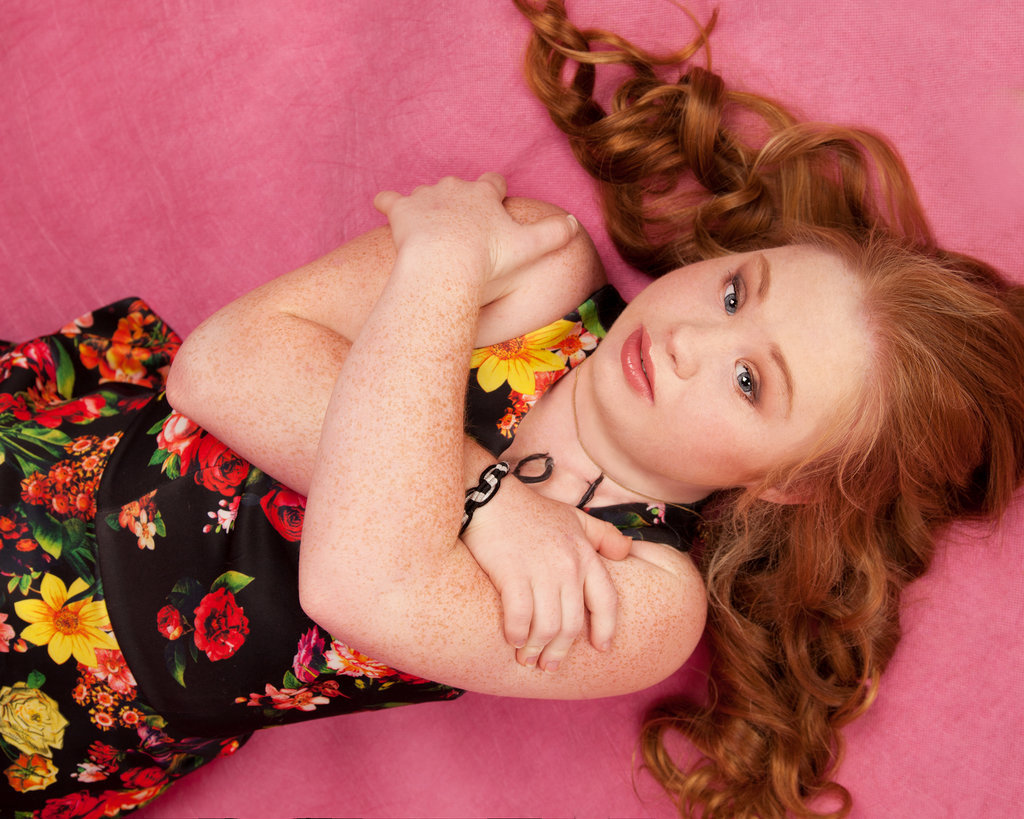However, in doing so, we tend to see qualities that aren't contingent with the standard to be unattractive, or not qualifying of the word beautiful.
And people have started to notice this issue. There has been a huge surge of men and women calling for a change. People are all about "redefining beauty." On the surface level I think this is fantastic. Why do we have one definition for what's beautiful? Clearly individuals outside of this definition still qualify.
Take for example, Tess Holliday.

(https://healthnewsandviews.files.wordpress.com/2015/01/tess-munster-tess-holliday.jpg)
Holliday is a plus-size model. She's 5'5", size 22, and absolutely stunning. She has also spearheaded the movement #EffYourBeautyStandards, encouraging women all over the world to embrace their size and beauty.
Another example is Madeline Stuart.

(http://www.popsugar.com/fashion/Madeline-Stuart-Model-Down-Syndrome-37508623#photo-37508627)
Madeline is an 18 year old aspiring model with Down's syndrome. She's totally adorable and another advocate against traditional beauty standards.
Both of these women are creating new ideas of beauty. But this takes us back to the idea of "redefining beauty." Journalists love to use this phrase to describe what these women and what others like them are doing. Bu when you delve deeper into the meaning of these words, they make it seem like these individuals don't actually qualify as beautiful unless the core idea of beauty is changed. It says that they must "redefine beauty" before they can be considered for the title. And even worse, claiming that beauty is in the process of being redefined insinuates that it was capable of having an objective definition in the first place.
We've all heard the quote "beauty is in the eye of the beholder," yet we often disregard it's claim. Beauty is not one thing. Beauty is whatever we want or make it to be. Beauty doesn't have an objective definition no matter how hard we try to give it one. We also get stuck on beauty as something that is professed outwardly. We focus on its visual aspects and ignore its mental, emotional, and spiritual capacity. We define it as a standard of aesthetics, rather than personality traits.
Merriam-Webster's full definition of the word beauty is "the quality or aggregate of qualities in a person or thing that gives pleasure to the senses or pleasurably exalts the mind or spirit." This definition leaves the "qualities" in question up to the interpretation of the beholder as to what they find exalting or pleasurable to their senses, mind, and spirit. As individuals we get to decide what we find beautiful, both aesthetically and otherwise.
I love my crooked nose. I think it's kind of adorable how awkward I become when people compliment me. I have the lankiest limbs. I can be extremely obnoxious. Sometimes I don't filter what I say as best as I should. And guess what. I'm so beautiful. By my own standards, not based on the ideas of others.
Discover what you find beautiful and discover those things in yourself. When it comes to the definition of beauty, the only one that truly matters is your own.